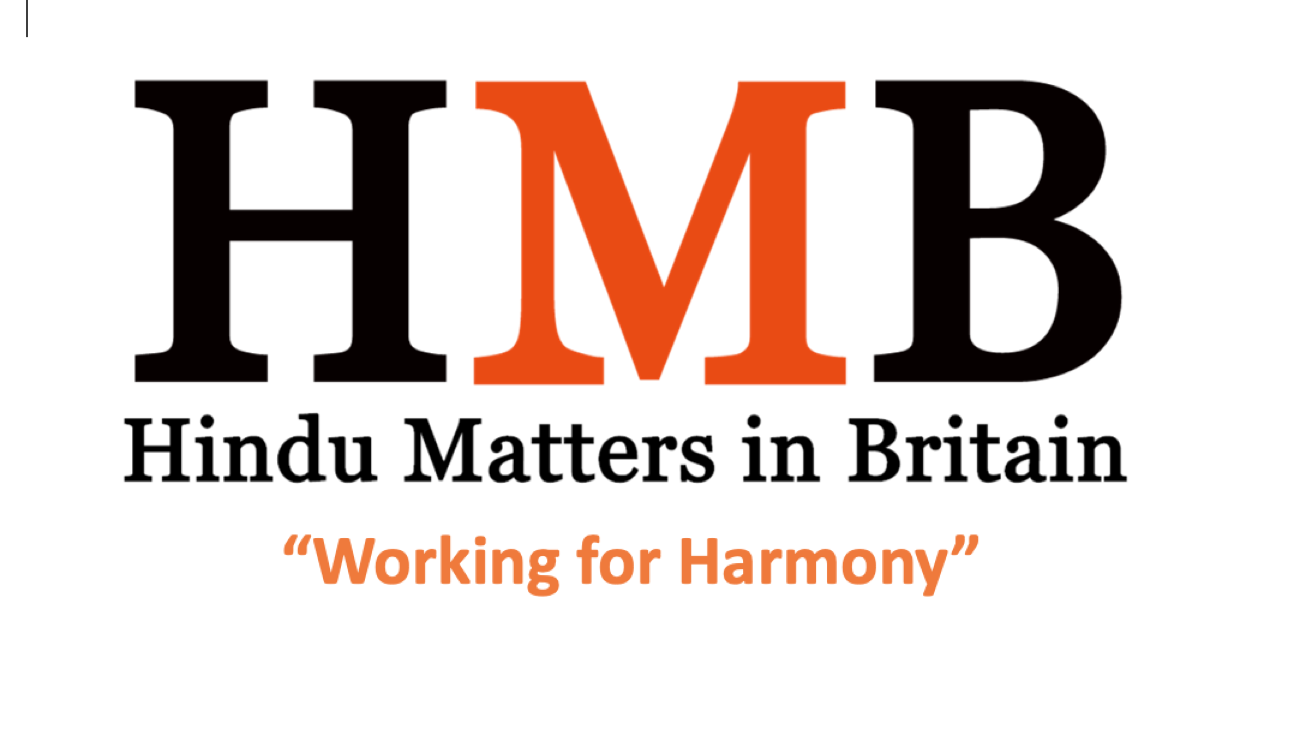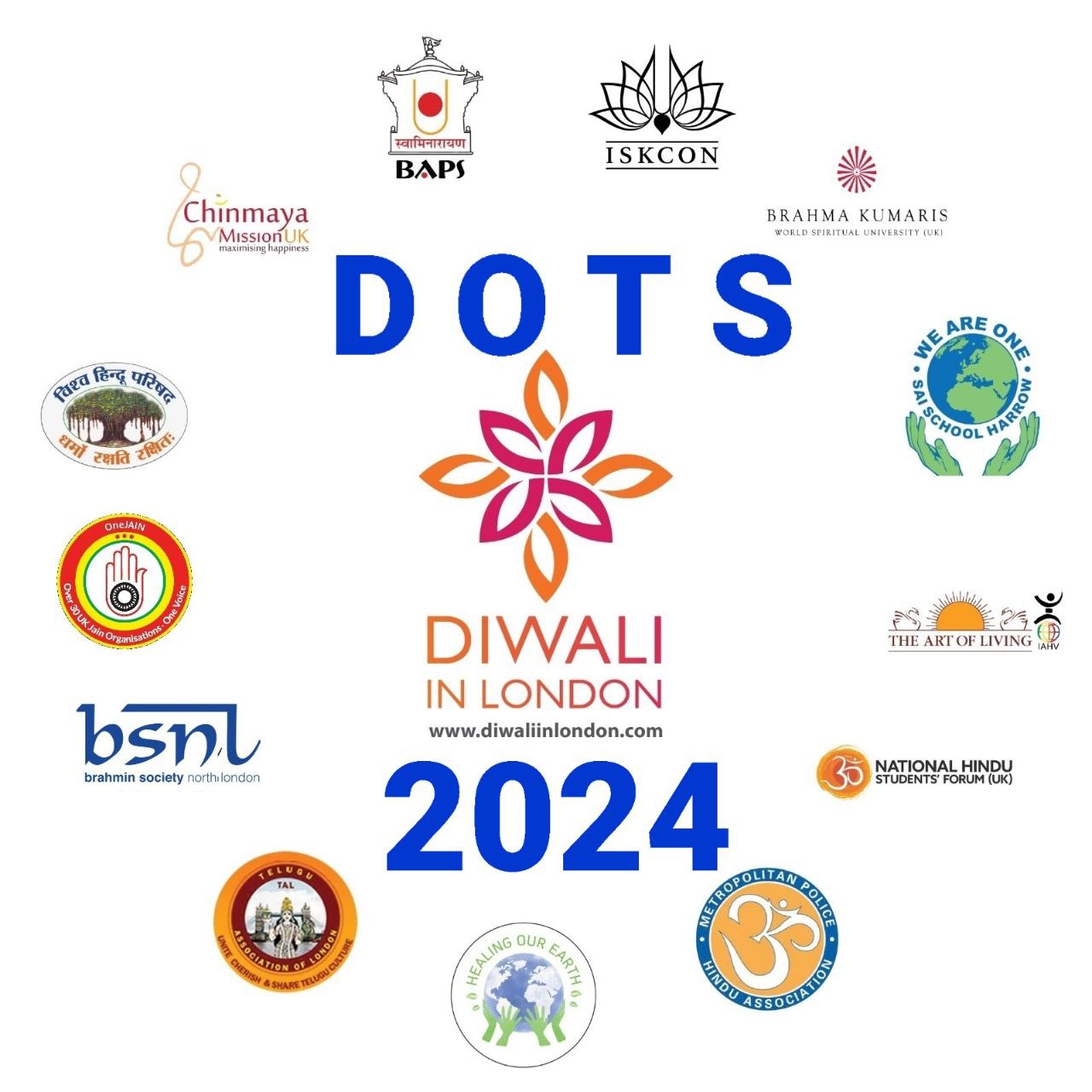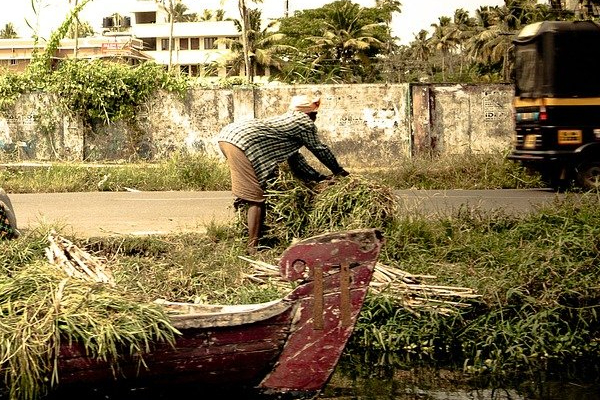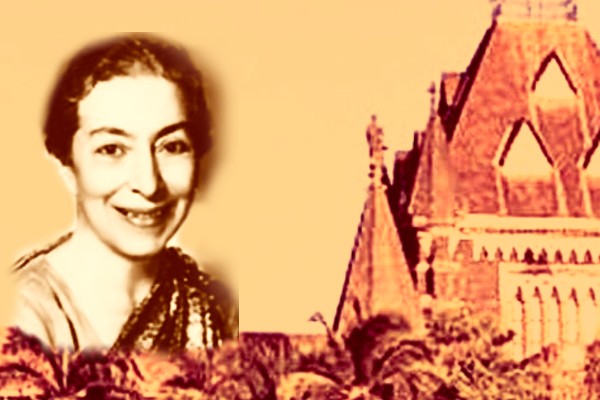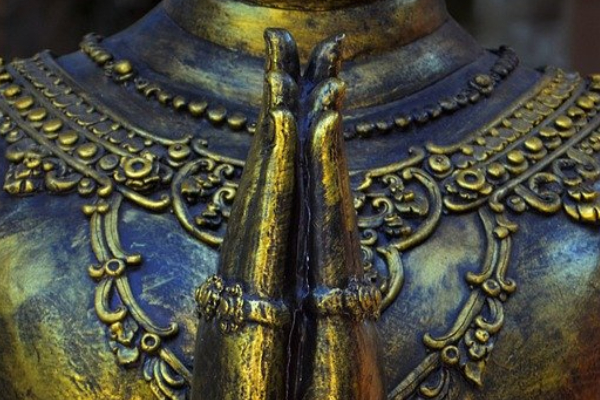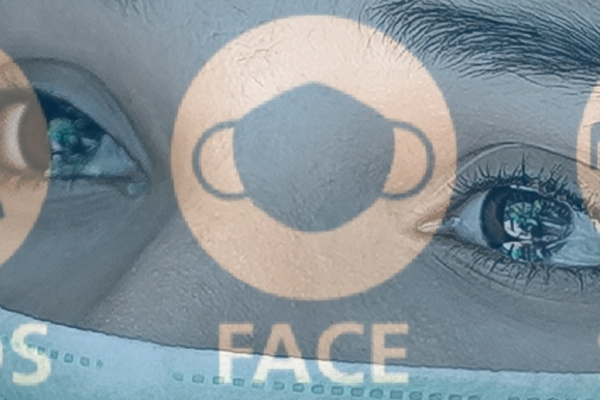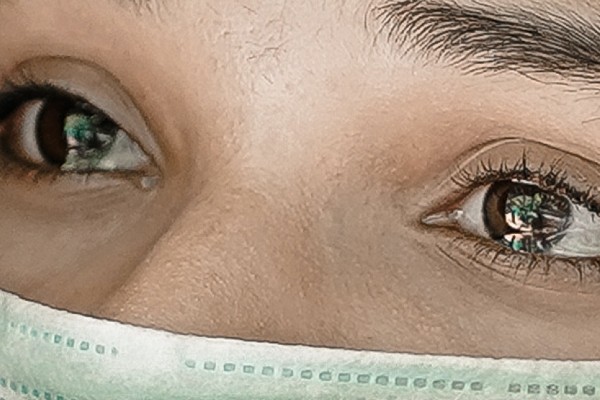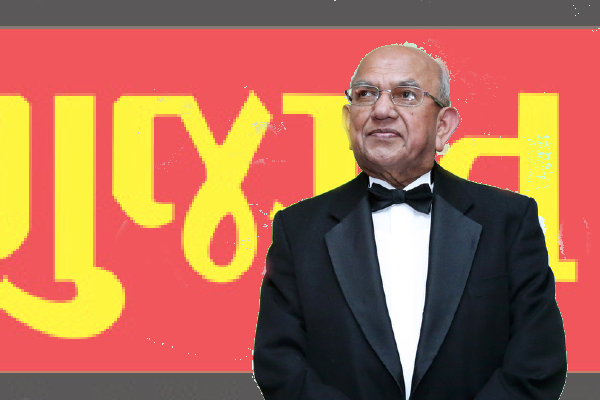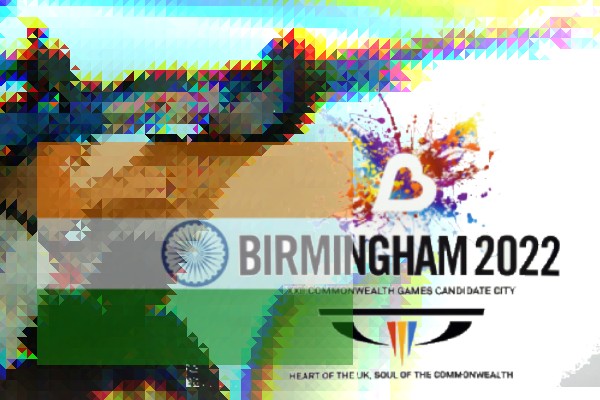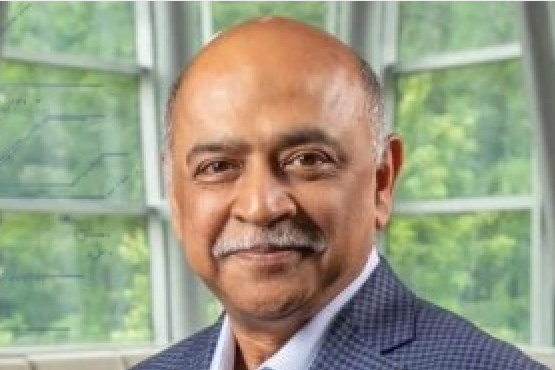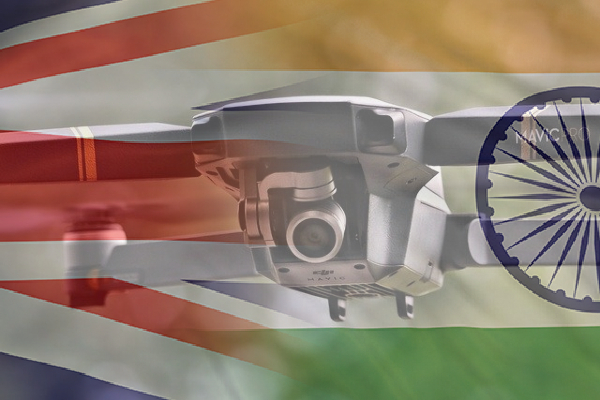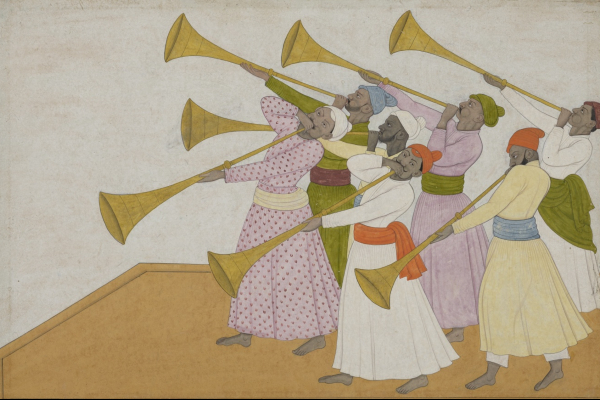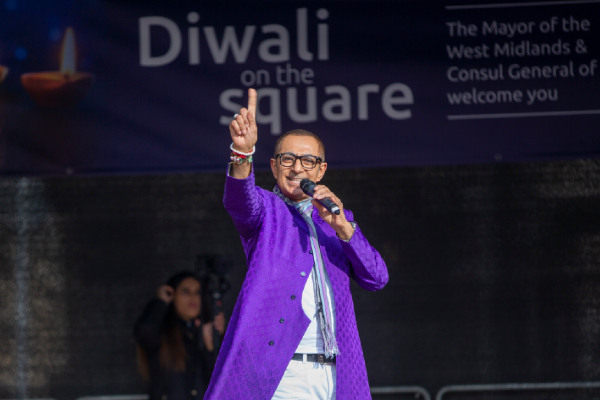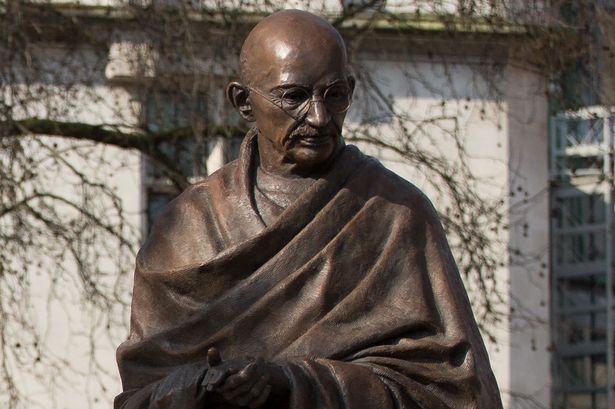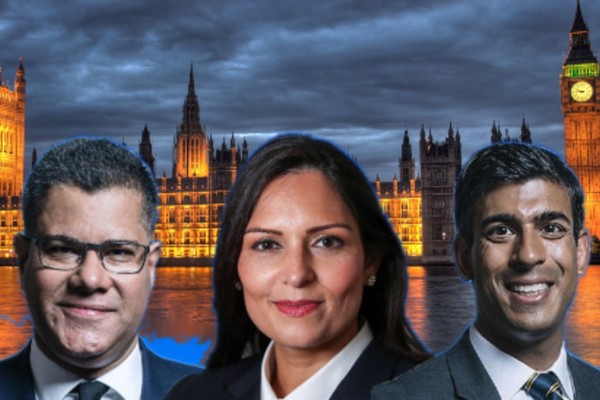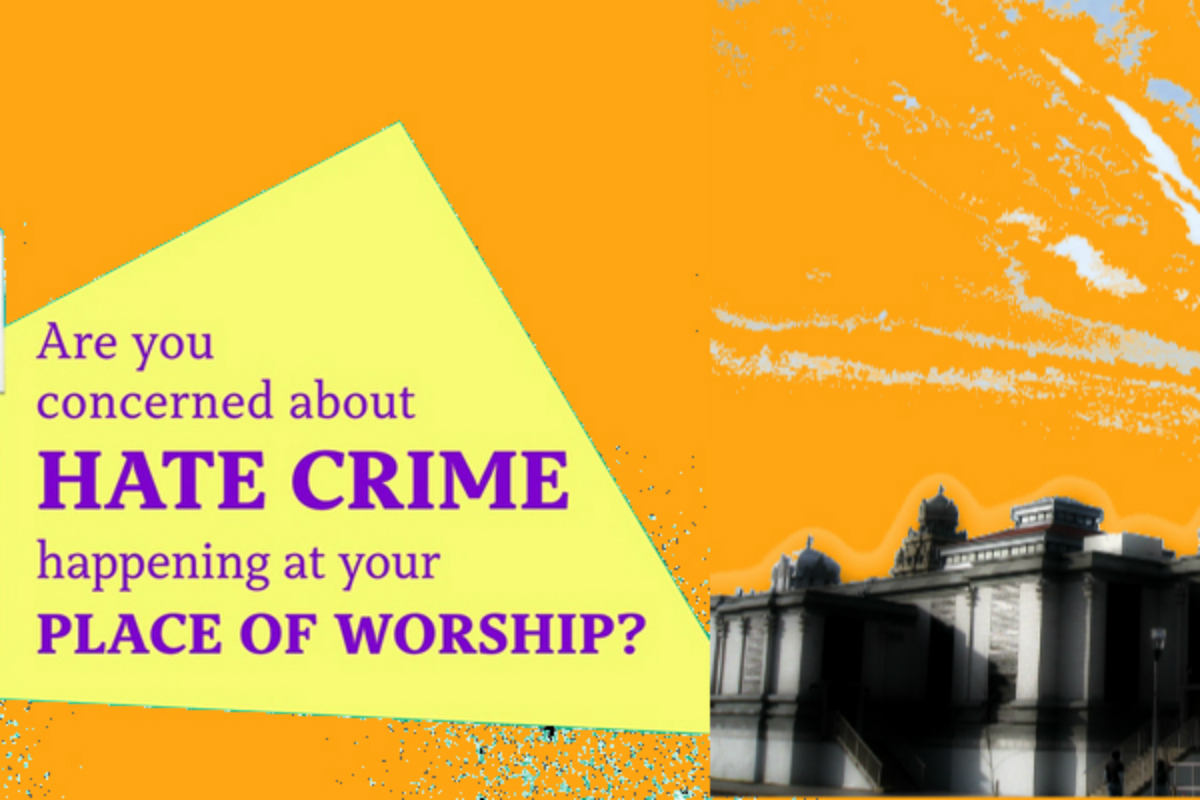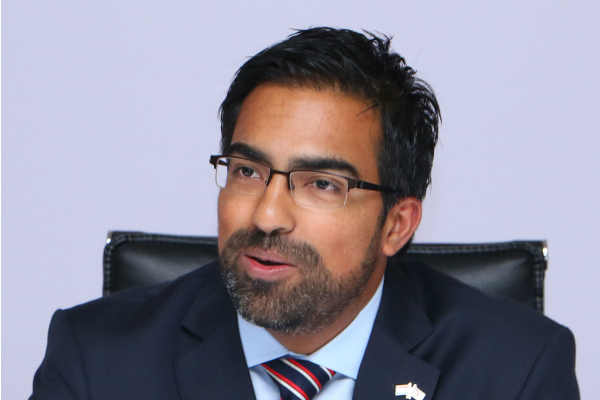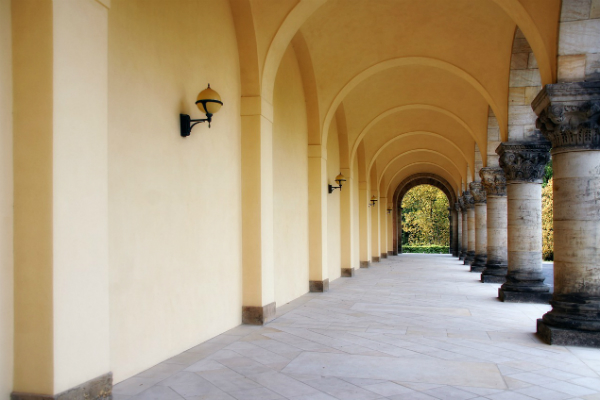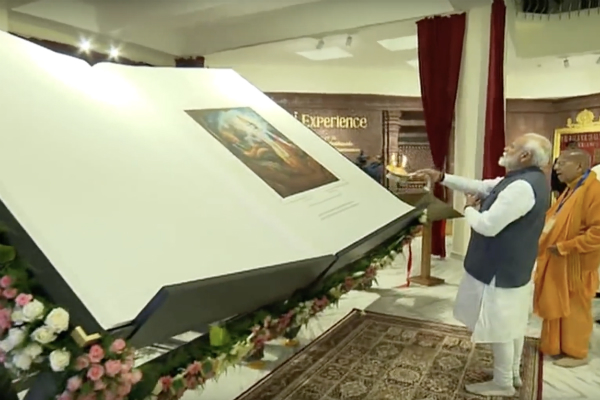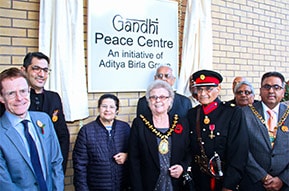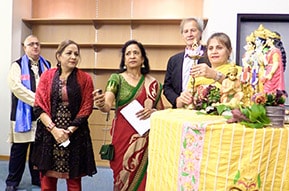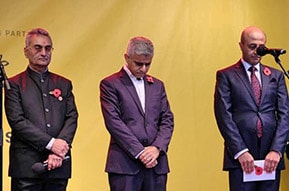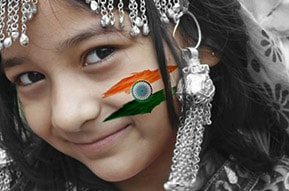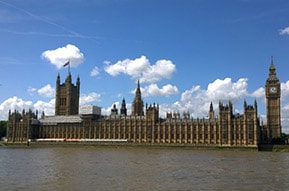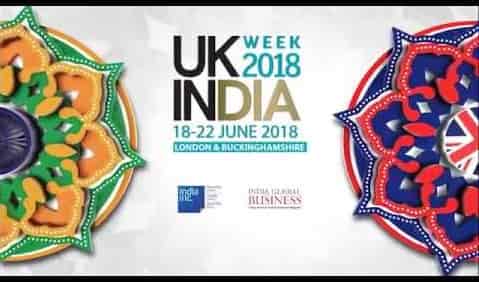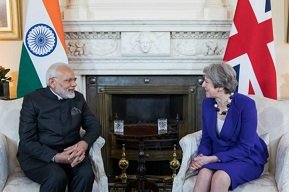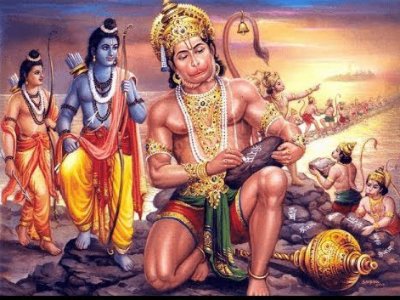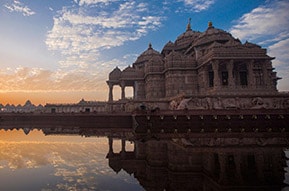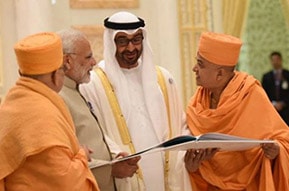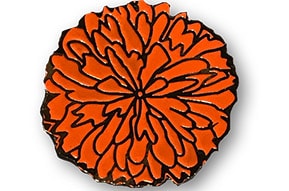Most Diverse UK Parliament - Or is it?
It was one of the bruising general elections and that with the Brexit mixture made it a toxic concoction. The Labour Party, in particular, antagonised the British Indian community with its stand on Kashmir. This with its intransigence on dealing with anti-Semitism and a manifesto that looked like a Christmas wish with no credible funding model led to one of the worst election defeats. Oh yes, there was also Brexit – standing on the fence just does not help to shift public opinion in your direction.
Amidst all the negativity, one could argue that at least it spurred ethnic minorities to be more proactive and help shape the political agenda. Social media trends were relentless. A whole lot of Muslim lobby groups were urging their vote banks to support the Labour Party. The Kashmir issue led to British Indians to shift towards anyone but Labour. And the Jewish community too had their cause to fight against the red wall. It was perhaps the first in modern times where ethnicity played such a crucial role – not surprising since we are in the era of Brexit and breaking the umbilical cord with Europe.
Nevertheless, it did help to take parliamentary numbers to 10% in terms of ethnic minorities - the highest ever. In 2017 General Election, there were 52 ethnic minorities MP. In 2019 this increased to 65, with 19 new MPs from an ethnic minority background.
There are now 14 MPs from British Indian heritage, 7 each from the two big parties. The most well-known being the Priti Patel; Rishi Sunak and Alok Sharma.
According to British Future data, more ethnic minority women were elected than men. In 2009 there were only 2 ethnic minority women elected. A decade later and the number has increased to 37.
This success is only an English phenomenon where 12% of MPs will be from an ethnic minority background. Surprisingly, Scotland, Wales and Northern Ireland have zero ethnic minority MPs. With substantial ethnic populations in all these home nations, it is a bit of a let-down of their equality efforts.
Labour can take some positive news with 41 ethnic minority compared to 22 in the Conservatives. The Liberal Democrats have 2 ethnic minority MPs.
The real challenge comes now. Whether many of these MPs, will serve their constituencies, especially those with large ethnic communities and fulfil the people’s mandate rather than get caught up in the Westminster career bubble. Let’s Hope!
